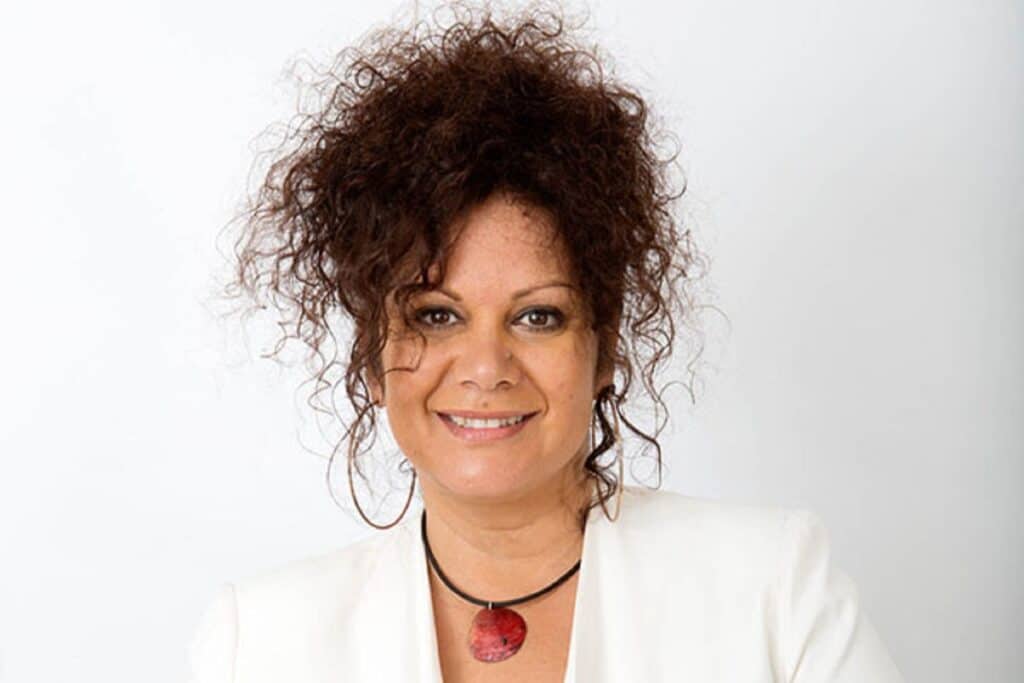The National Aboriginal Community Controlled Health Organisation (NACCHO) has launched a program that will see up to 500 First Nations people qualified as Aboriginal Health Workers and Practitioners by 2027.
More than 190 First Nations healthcare trainees will begin in the inaugural year of the program, following the launch of the First Nations Health Worker Traineeship (FNHWT) program in Adelaide today.
Senator Malarndirri McCarthy met with the students and trainers involved in the program at the launch, held at the Aboriginal Health Council of South Australia.
“The First Nations Health Worker Traineeship program is built on a foundation of collaboration and cooperation and is part of the Government’s commitment to Closing the Gap,” Senator McCarthy said.
“Over the coming years, communities around the country will enjoy the benefits of more First Nations health workers providing culturally safe, quality care.
“By holistically and fully supporting trainees, this program is setting them up for success. They will go on to jobs across the health system and help grow the capacity of mainstream services to better support Aboriginal and Torres Strait Islander patients.”
The $54.3 million FNHWT program was designed by First Nations organisations in partnership with the government. The training will be delivered by Aboriginal Community Controlled Health Registered Training Organisations and will involve on-the-job experience on Country.
The trainees will receive culturally safe academic support through a holistic traineeship framework developed by NACCHO.
NACCHO Chair Donela Mills said the program not only strengthens pathways available for existing First Nations health workers and practitioners in Aboriginal health, but will also “open doors” for more.
“Community controlled RTOs, like the Aboriginal Health Council of South Australia, provide the backbone of this program, developing a robust Aboriginal and Torres Strait Islander workforce and providing culturally embedded training, which is a central part to strong completion rates,” Mills said.
“This Traineeship program emphasises our commitment to investing in the invaluable work of our RTOs and supporting ACCHOs to provide clinical placements for students. Together, we continue to shape a resilient and culturally competent healthcare workforce for our communities.”
The announcement will be particularly impactful in boosting the employment of First Nations women in the Indigenous health sector. According to 2021 Census data, the Australian Institute of Health and Welfare (AIHW) said 78 per cent of Indigenous Australians working in health care and social assistance were female.
Feature Image: Senator Malarndirri McCarthy


